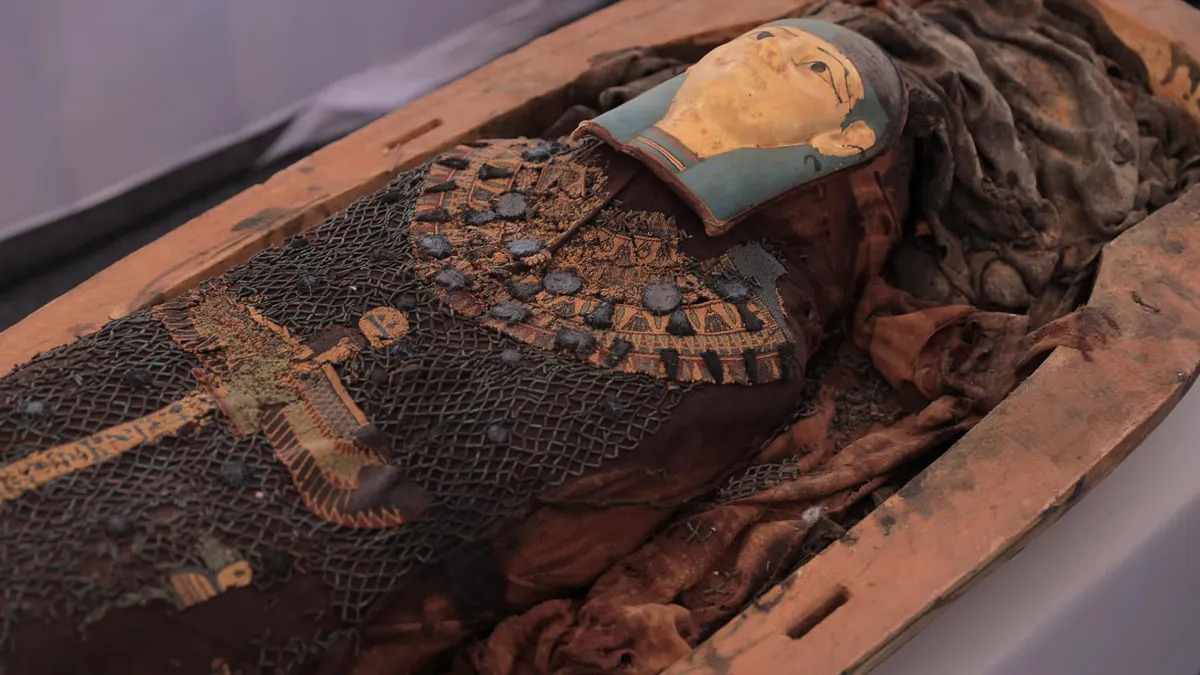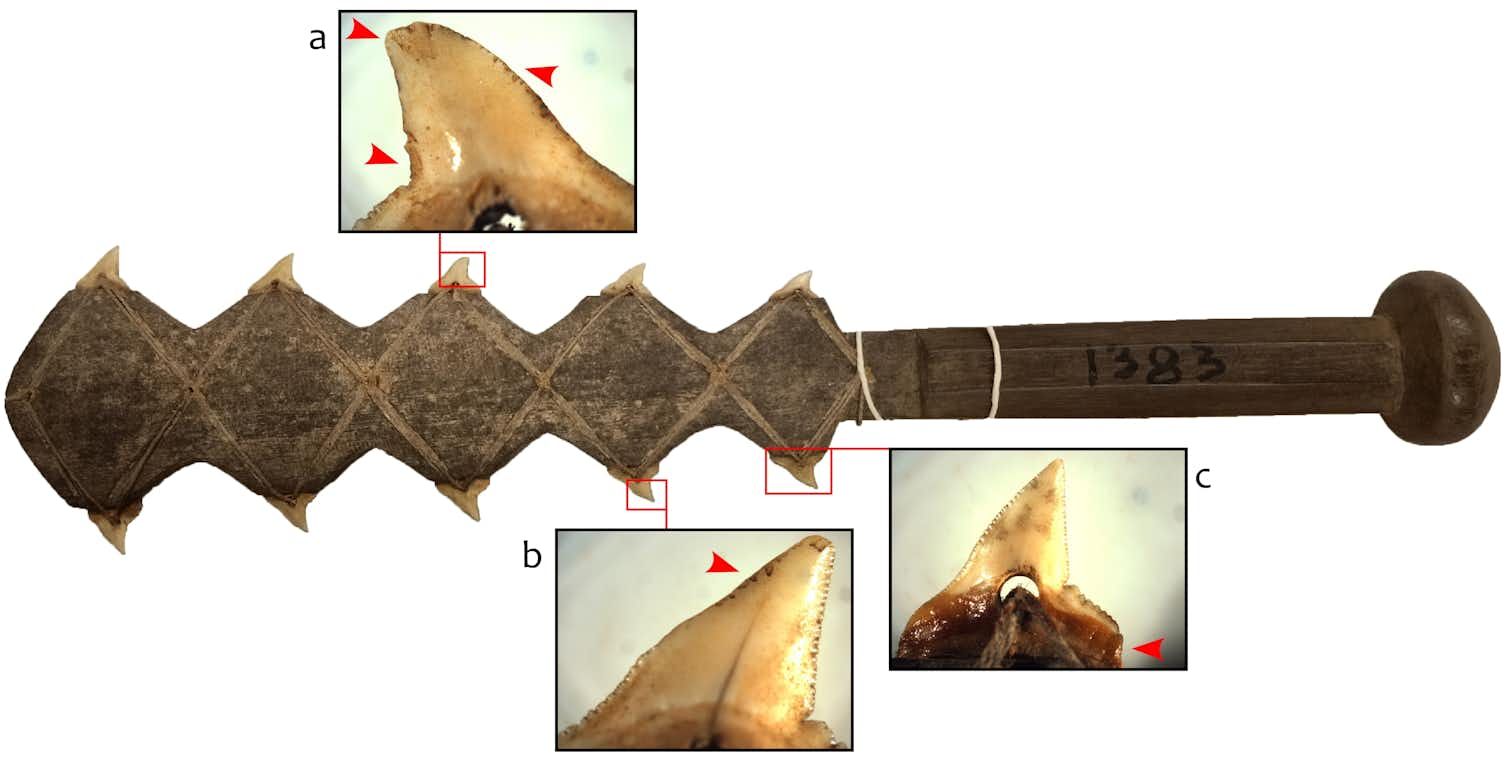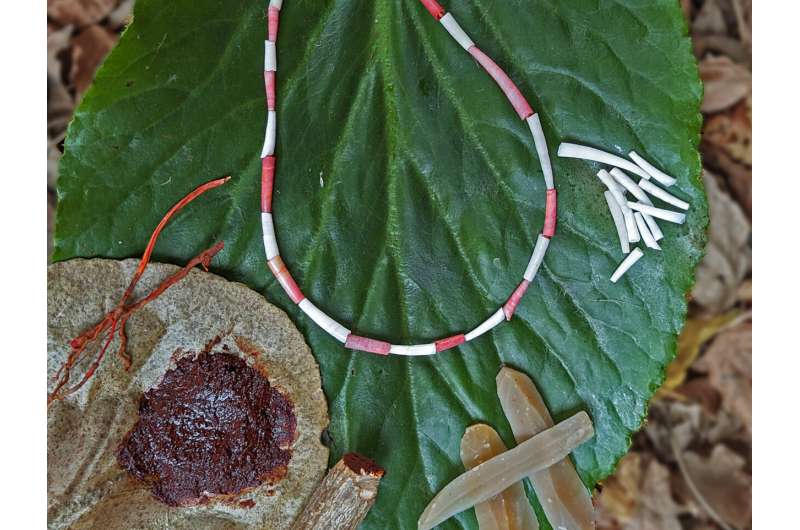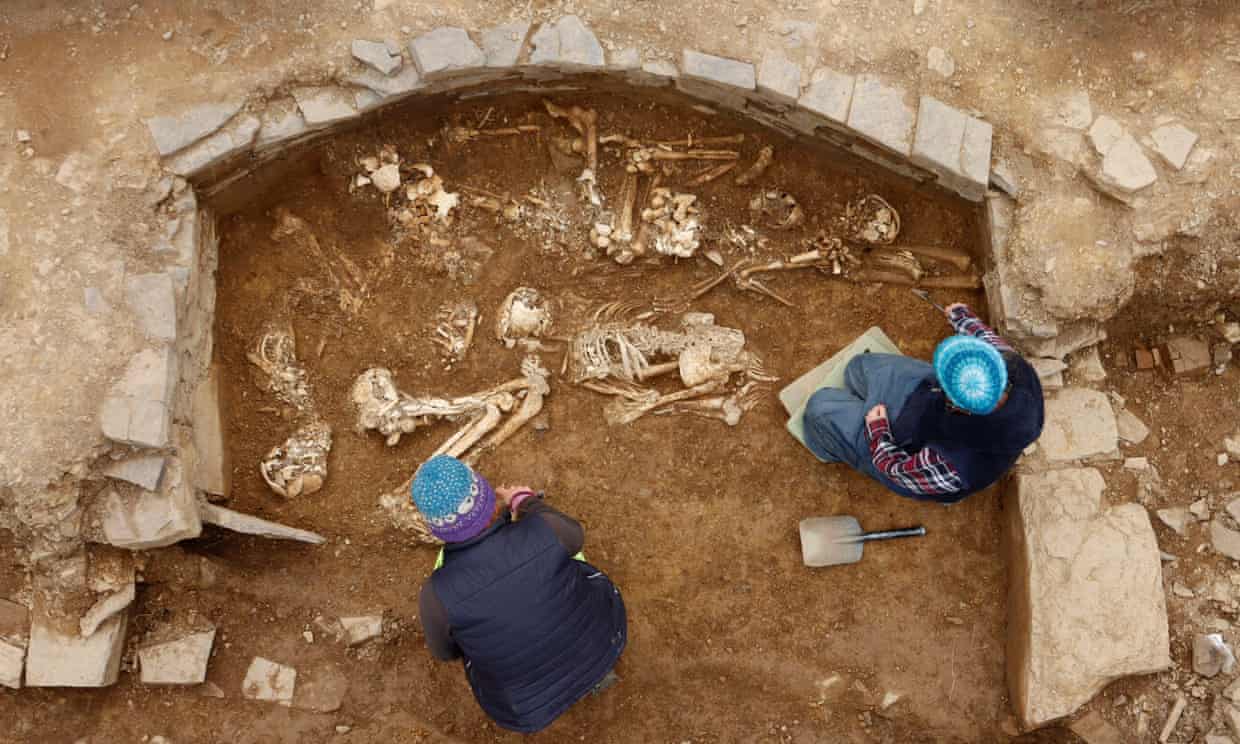News Desk

A giant underground pyramid hidden beneath a hillside in Indonesia far outdates Stonehenge or the Giza Pyramids and may come to rival the oldest megalithic structures ever built by human hands. See the study here.
The study reveals that the genetic variant observed, which affects zinc regulation, could have signified an evolutionary advantage in our ancestors’ adaptation to the cold.

It is often thought of as something not of this world, a magical, mystical place. But the Festival of Neolithic Ideas at Stonehenge will take a more scientific look at the great circle and the landscape it sits within.

People who have used psilocybin hold strong expectations about its antidepressant effects, with those experiencing higher levels of mystical experiences, emotional breakthroughs, and ego dissolution holding greater expectations, according to new research published in the Journal of Humanistic Psychology.

Some 4.5 billion years or so ago, scientists believe, something big smacked into Earth and knocked it ass over teakettle. The result was a bunch of debris hurled into space, swirling around until it formed the Moon. Of the big object, thought to be the size of Mars, and named Theia, nothing much was left. Or so we thought. See the research here.

In a 1981 Smithsonian Magazine article, geologist Farouk El-Baz theorizes that the ancient Egyptians didn’t create the sphinx from scratch, like the pyramids, but that desert winds formed the overall contours of the sphinx and the ancient stonemasons gave the rock a celestial facelift. Now, scientists from New York University have tested that theory…See the study here.

A study in the Netherlands reported that regular participants in ayahuasca ceremonies have better general well-being, fewer chronic or lifestyle-related diseases, more physical activity, and a more balanced diet compared to the general population of the Netherlands. The study was published in the Journal of Psychoactive Drugs.

Archaeologists in Egypt have discovered a 3,500-year-old cemetery that contains a “Book of the Dead” papyrus.

Excavations on the Indonesian island of Sulawesi have uncovered two unique and deadly artefacts dating back some 7,000 years – tiger shark teeth that were used as blades. These finds, reported in the journal Antiquity, are some of the earliest archaeological evidence globally for the use of shark teeth in composite weapons – weapons made with multiple parts.

In a twist in the ancient human story, emerging evidence suggests that we may have worn shoes as early as the Middle Stone Age (75,000—150,000 years ago). This could mean that our species had complex cognitive and practical abilities much earlier than was previously thought.

In their study, reported on the open-access site PLOS ONE, the group used a variety of techniques to identify the source of red coloring on shell beads found in an Israeli cave decades ago.

Scientists have discovered cannabidiol, a compound in cannabis known as CBD, in a common Brazilian plant, opening potential new avenues to produce the increasingly popular substance.

As policymakers, governments, NGOs and activists work to craft urgent responses to protect tropical forests…the report says that “their efforts will fail as long as those committed to environmental protection neglect to recognize, and grapple with, the elephant in the room”—namely “the global system of criminalized drug prohibition, popularly known as the ‘war on drugs.’”
Image from:Pyschoactive Drugs.jpg uploaded by Thoric. (Wiki Commons)

The ruins of a 5,000-year-old tomb in a construction that reflects the pinnacle of neolithic engineering in northern Britain has been unearthed in Orkney.

Yopo is a powerful psychedelic snuff used for healing and shamanic practice in the Amazon’s Orinoco basin. Crisis puts people and cultural knowledge at risk.








